
The Third International Workshop on Efficient Artificial Intelligence For Edge Computing (EAI)
ICDCS 2022 Workshop
Topic Description
This workshop focuses on an emerging and impactful topic Efficient Artificial Intelligence (EAI), that facilitate the edge computing by fitting AI models into the edge-AI device. Deep learning has achieved wide success in applications including image classification, video analytics, audio processing thanks to the rapid development of machine learning frameworks (Tensorflow, Pytorch, Caffe) and the accessibility of high-end GPUs. However, requirements in data privacy, communication bandwidth, and processing latency are driving AI to the edge. Edge AI devices operate with tight resource budgets such as memory, power and computing horsepower. AI technology with high-end GPUs for training and running large neural networks are not suitable for edge AI.
The main principles of efficient AI for edge computing are efficiency, effectiveness, and adaptability. Efficiency is the ability to achieve the required performance with constrained resources (e.g. compute, memory, storage, and power). Effectiveness is the ability to achieve a good quality of results (QoR) with efficiency taken into consideration. Adaptability deals with the ability to adapt to changing needs, environment, and operational conditions. Together, these three principles of efficient AI formulate the key metrics toward ultra-efficient AI for edge devices. In the last few years, we have witnessed a growing research trend in these principles. Various kinds of techniques are proposed such as post-training or training-aware quantization and pruning, hardware-software co-design, low power machine learning, etc. The research and development progress has been complemented in popular machine learning frameworks with many applications in image classification, video analysis, IoTs, circuit/chip design, health monitoring and more.
Two best paper awards and one best student paper award are planned:
- 2x best paper awards: 500 USD for each
- 1x best student paper award: 300 USD
Workshop Format and Schedule
The EAI workshop will feature full-day events. We plan to invite 2 to 4 keynote speakers who are leading experts from both academia and industry.
We will also organize a panel by the invited speakers to discuss EAI challenges & opportunities.
Submission Information
All papers must be original and not simultaneously submitted to another journal or conference. All papers need to be submitted electronically in PDF format through this link hosted by EasyChair. Papers must be formatted for 8.5x11-inch paper. The length of the paper must be no more than 6 pages (or 8 pages with over-length charge) in the IEEE double-column format (10-pt font), including references and everything. The reviews will be single blind. At least one of the authors of every accepted paper must register and present the paper at the workshop.
Important Dates
Submission Deadline: March 1, 2022
Extended Submission Deadline: March 10, 2022
Extended Submission Deadline: March 17, 2022
Acceptance Notifications: April 7, 2022
Camera-ready: April 21, 2022
All submissions will be considered for oral and poster presentations at EAI. The decision on presentation format will be based primarily on an assessment of the breadth of interest, and the construction. We will seek sponsorship to set up the best paper and best poster awards.
A tentative workshop schedule is outlined below:
| Time | Event |
| 14:00–14:05 | Opening Ceremony |
| 14:05–14:35 | Keynote Talk:Radix-Encoded SNN: An Efficient Solution for Edge AI |
| 14:35–14:55 | Presentation: Temperature Annealing Knowledge Distillation from Averaged Teacher |
| 14:55–15:15 | Presentation: You Only Look & Listen Once: Towards Fast and Accurate Visual Grounding |
| 15:15–15:45 | Coffee Break |
| 15:45–16:05 | Presentation: Downscaling and Overflow-aware Model Compression for Efficient Vision Processors |
| 16:05–16:25 | Presentation: Augmented Regularity for Efficient Video Anomaly Detection: An edge AI application |
| 16:25–16:45 | Presentation: Incentive-driven Computation Offloading and Resource Allocation in Mobile Cloud-Edge Computing |
| 16:45–17:05 | Presentation: ROFL: RObust privacy preserving Federated Learning |
| 17:05–17:10 | Award Ceremony & Closing Session |
Accepted papers
Temperature Annealing Knowledge Distillation from Averaged Teacher
You Only Look & Listen Once: Towards Fast and Accurate Visual Grounding
Downscaling and Overflow-aware Model Compression for Efficient Vision Processors
Augmented Regularity for Efficient Video Anomaly Detection: An edge AI application
Incentive-driven Computation Offloading and Resource Allocation in Mobile Cloud-Edge Computing
ROFL: RObust privacy preserving Federated Learning
Organizing Committee

Centre for Frontier AI Research
Agency for Science, Technology and Research
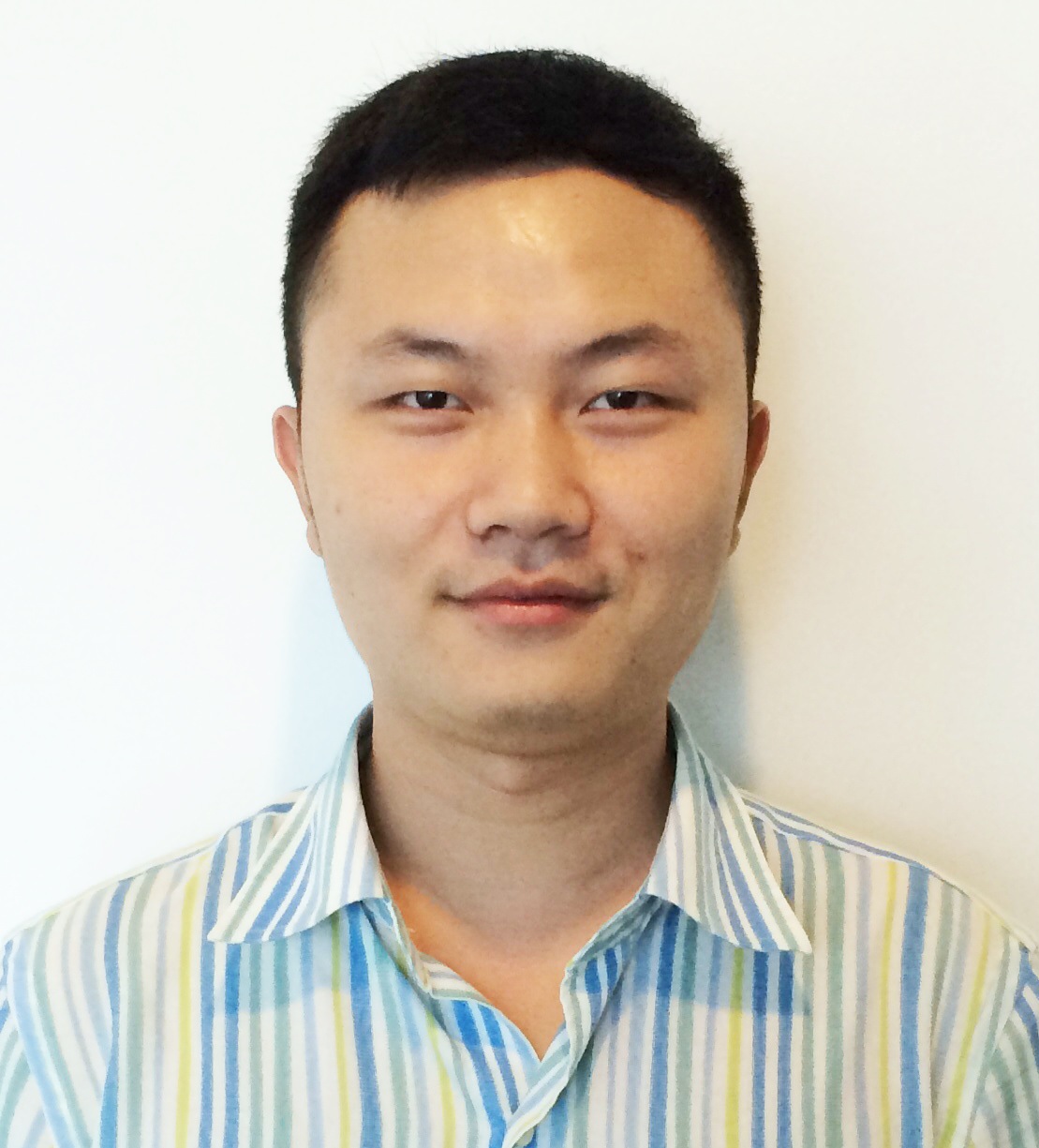
Institute of High Performance Computing
Agency for Science, Technology and Research
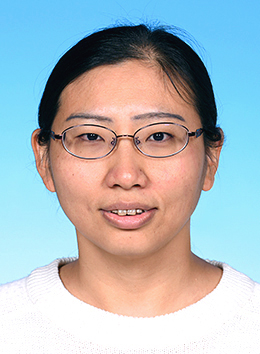
Department of Electronic & Computer Engineering
The Hong Kong University of Science and Technology
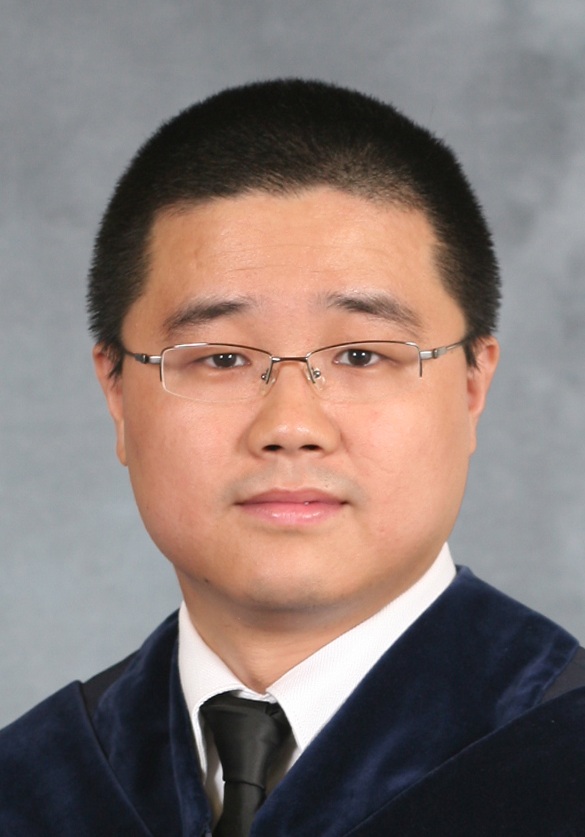
School of Computer Science and Engineering
Nanyang Technological University
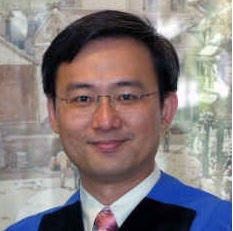
Department of Computer Science School of Computing
National University of Singapore
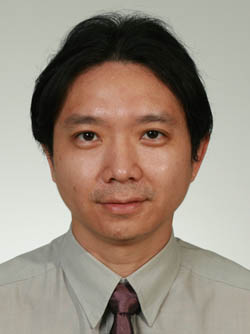
School of Computer Science and Engineering
Nanyang Technological University
Related Links:
Past Workshops
Sponsors
